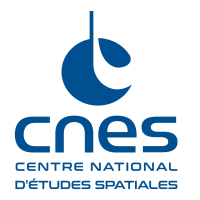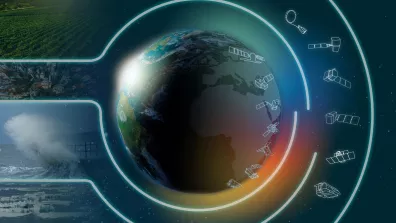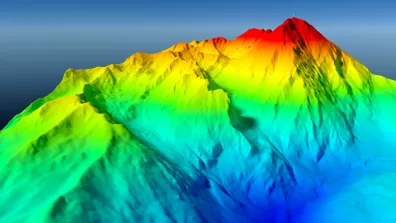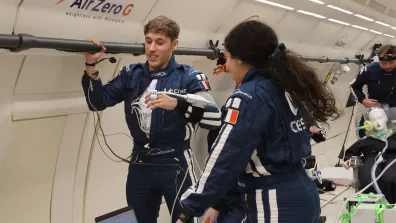EUMETSAT and CNES have signed an agreement that increases the volume of data available on the Copernicus WEkEO platform and provides new sources of information to users.
The signing of an agreement between the French Space Agency (CNES) and EUMETSAT means that CNES is now part of the WEkEO federation, which provides a platform that pools data and information from Copernicus Services and the European Sentinel satellites (wekeo.eu).
WEkEO is jointly operated by the Copernicus entrusted entities: EUMETSAT, ECMWF, the European Environment Agency (EEA) and Mercator Ocean International.
The WEkEO platform will now expand to include about 30 petabytes (pb) of data gathered by satellite missions operated by CNES. It will then provide users with free, easy access to no less than 80pb of Earth observation data collected from space.
“We are delighted to have signed this agreement, which significantly expands the volume of data available on WEkEO”, EUMETSAT Director-General Phil Evans said.
“This new data will not only bring new users to the platform, but will also allow data users to develop more innovative applications.”
26 of the 50 climate variables that are essential for assessing the current state of our planet and monitoring the impact of climate change can only be measured accurately from space. WEkEO provides access to the data observing those variables, which can be used for monitoring marine or terrestrial environments, studying the composition of the atmosphere or managing resources. WEkEO is a free, online resource enabling users to access the original data sources using a single platform.
By joining WEkEO, CNES will gain further opportunities to enhance the value of its data, while our communities will also be able to take advantage of the benefits that WEkEO brings. This agreement is a perfect testimony to the space sector’s commitment to the fight against climate change.
- President of CNES
As a result of this new agreement, the platform’s extensive range of data will be augmented by data from Earth observation missions in which CNES, in association with other space research agencies, is involved.
WEkEO data users will soon have access to new sources of information, including data from existing missions, such as CFOSAT and SWOT, archives that are key to understanding the impact of climate change (eg Spot World Heritage) and future missions such as Merlin and Microcarb. In a few years’ time, as new missions are added, the data throughput from CNES will increase tenfold.
